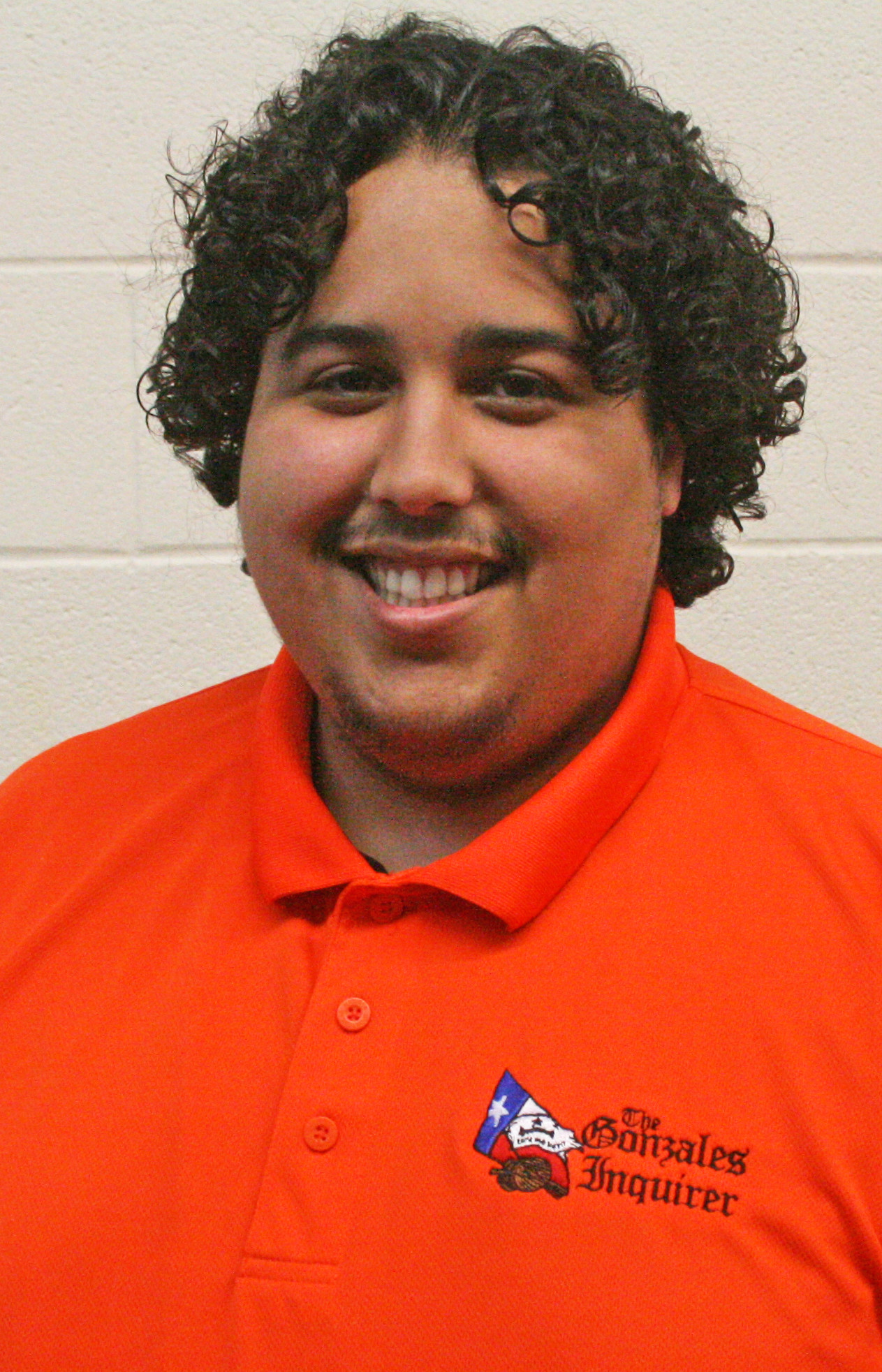Must do better with mental health
I don’t have the answers.
Neither do our nation’s leaders apparently. But apparently there are a lot of explanations.
By now we know the details to the shooting in Sutherland Springs. What we don’t know, apparently, is how to prevent this from happening again.
I’m not going to put myself in the middle of a guns’ rights argument. Rather, I’m focusing on what the GOP would like the focus to be on, which is mental health issues.
“Mental health is your problem here,” President Donald Trump said in a news conference in Japan last week. “This was a very, based on preliminary reports, this was a very deranged individual, a lot of problems over a long period of time. We have a lot of mental health problems in our country, as do other countries.”
Let’s assume that indeed there is a link between gun violence and mental health — spoiler alert, there isn’t — why then are the same people who claim there’s a link are doing the opposite of helping heal or control mental illnesses?
Earlier this year, President Trump signed a bill into law rolling back an Obama-era regulation that made it harder for people with mental illnesses to purchase a gun.
What about the proposed cuts to Medicaid? According to a report released by NPR, all the cuts proposed by all the GOP health care bills would “likely take money away from mental health care for the poor,” NPR health policy correspondent Alison Kodjak said in an interview.
It’s safe to say, we’re not doing nearly enough as a nation to treat mental health illnesses.
Our poll question last week can point to the direction that I wanted to go with my column. Initially I thought about writing on Bowe Bergdahl, a former American prisoner of war. As the story goes, he deserted his Afghanistan outpost and was then captured and suffered five years of torture by the Taliban, before the U.S. could get him released. President Barack Obama announced May 2014 the release of Bergdahl, in exchange for five detainees at Guantanamo Bay.
That came with a bit of controversy, especially since it was revealed that Bergdahl left his post because he wanted to call attention to what he considered poor leadership of his unit.
His abandonment put his fellow soldiers in danger. In a country where the worst thing you can be is anti-soldiers, you can only imagine how many people were furious with the exchange for Bergdahl.
Fast forward to Nov. 3 where a military judge ruled that Bergdahl will receive a dishonorable discharge, have his rank reduced from sergeant to private and pay a $1,000 fine from his salary for the next 10 months.
It’s now been over a week and I still haven’t quite decided whether the punishment was just. On one hand, a $10,000 fine will not put a dent to the $300,000 back pay the Army owes him. (Should be noted, the U.S. Army hasn’t decided yet whether he’s entitled to all that back pay.)
On another hand, a dishonorable discharge means losing key benefits, such as treating whatever maladies or disabilities he has.
That means Bergdahl can’t go to the Veterans Affairs (VA) to treat whatever mental health issues he’s suffered either before he enlisted (as his lawyers claimed) or after his time being captured. I can’t even imagine the state of mind I’d be in after suffering five years of torture, chained on all fours or in a cage.
Let me reiterate this point. If you look up statements made by officials in the medical field, you will find out that they tend to agree that there’s no direct link between gun violence and mental health. But our nation’s leaders believe there is a link. How is it, then, in good conscience, that these leaders can, in one breath, say there’s a problem, while also cutting funds that would treat said problem? You can’t say “we have a mental health issue in this country,” while cutting funds to help said mental health issue.
I’m not saying it’ll happen, nor am I saying there’s a likelihood that it will happen, but I don’t want Bergdahl to be the next mass shooter. Clearly Bergdahl needs help, he needs treatment. If we truly care about our veterans, no matter what sins they may have committed, then we should be putting more emphasis to finding him help. It’s the old, “treat or punish” dilemma that we have in our justice system.
I went into last week wanting to write about Bergdahl and whether or not his punishment was fair. Then the mass shooting happened on Sunday. And all week all I can think was, maybe if those lawmakers who are giving their “thoughts and prayers” via social media were a part of the solution, then maybe we’d spend less time making “thoughts and prayers” a trending topic.
Comments







